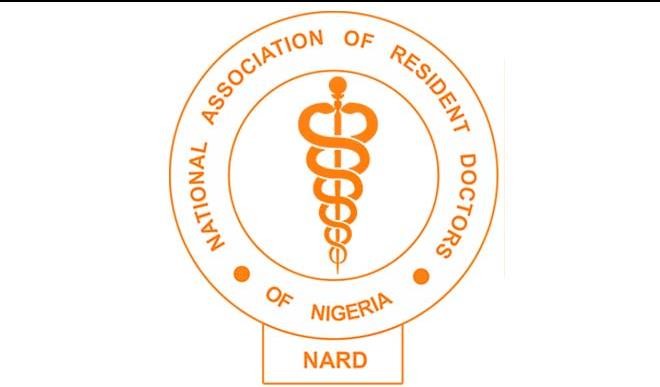Lessons from resident doctors’ strike
The nation, especially patients and their relations, must have heaved a sigh of relief following the announcement by the leadership of the National Association of Resident Doctors’ (NARD) of the suspension of their nationwide strike, which they began on June 15, 2020. The decision to go on strike came after a two-week notice given to […]

The nation, especially patients and their relations, must have heaved a sigh of relief following the announcement by the leadership of the National Association of Resident Doctors’ (NARD) of the suspension of their nationwide strike, which they began on June 15, 2020.
The decision to go on strike came after a two-week notice given to the government.
Members of the association are doctors pursuing residency in tertiary institutions hospitals to become consultants.
Aliyu Sokomba, the President of NARD, said doctors downed tools over unpaid salaries, non-payment of hazard allowance, and a dearth of Personal Protective Equipment (PPE) in hospitals among several other reasons. He said the association explored several other options before arriving at their decision. He also accused some state governments of failing to pay salaries of members working in their hospitals.
The government had, in turn, threatened to invoke the ‘no work, no pay rule’ on the striking doctors last Tuesday after a meeting it had with the doctors ended in disagreement.
The Minister of Health, Osagie Ehanire, on Tuesday directed all medical directors in all public hospitals across the country to open a register by 7 a.m. from Wednesday and record ‘those who come to work and those who fail to come to work’.
But the doctors called the bluff of the government’s threat. The NARD president, described the threat as “empty and the biggest joke of the century”, and said his members would not be intimated.
But in a twist, the Minister of Labour and Productivity, Dr. Chris Ngige, on Friday announced that the federal government has released N4.5 billion to 31 federal teaching and medical centres across the country for the payment of hazard and inducement allowances owed resident doctors for the months of April and May, . He also promised that allowances for June would be paid soon.
Mr Ngige disclosed this while briefing State House correspondents along with the Minister of Health, Osagie Ehanire, and the Minister of State for Labour, Festus Keyamo after they briefed President Muhammadu Buhari on the strike by the National Association of Resident Doctors (NARD).
He also said the federal government would arrange a meeting of NARD and the Nigeria Governors’ Forum to iron issues that are related to various state governments. That meeting came up on Saturday which led to Sunday’s announcement of the suspension of the strike.
However, as we welcome this announcement, one wonders why it always takes a threat or embarking on strike before the government addresses some basic staff issues.
This strike should not have taken off if the government had paid the allowances, which it knew it was owing, not waiting for a strike to do that. It speaks volume of the kind of officials we have, given the fact that NARD gave a 14-day ultimatum and waited for another two weeks before embarking on the industrial action.
It is a shame that at this period when the country is grappling with COVID-19, the government is owing salaries of some key frontline staff in the fight against the pandemic.
Strike by doctors and indeed health workers have become a recurring problem. Although sometimes the unions could be faulted for making some outrageous demands, but largely the governments are to blame for their failure to implement agreements reached with the unions or failing to provide basic equipment.
It should sink on officials of various governments that a strike by any arm of the health unions puts the lives of many Nigerians at risk. These are lives many of them have sworn to protect.
We, therefore, call on both federal and state governments, to sit with all unions in the health sector to sort out all outstanding issues so that the nation is not traumatised again. The unions, on the hand, must also realise that given the economic situation the nation has found itself, they must be realistic in their demands.
